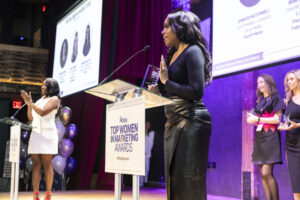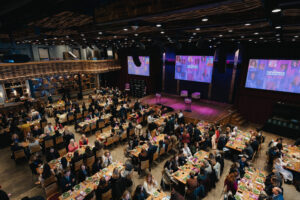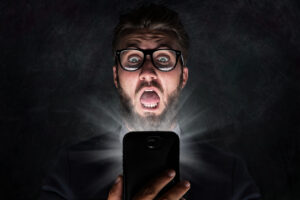Why you need to embrace nostalgia marketing now
Only ’90s kids will get why this technique is so valuable.

Nostalgia marketing is taking the world by storm, as millennials and Gen-Z are longing for the past, and brands are taking them on a journey through time. The result? A successful marketing campaign that converts.
Today, we’ll explore how nostalgia marketing has the potential to impact a brand’s success by looking at some of the top examples.
What is nostalgia marketing?
Generally, nostalgia is defined as a strong longing or immense affection for a past event, experience, object, place or personal connection.
Nostalgia is often triggered by a sensory stimulus, such as a scent, a song, a taste, or a sight; it can also be caused by a conversation, a memory recollection or a similar experience.
Nostalgia marketing takes on that notion and creates a playful campaign referencing a time gone by in order to tap into our collective longing for the past.
Who is the target audience for nostalgia marketing?
Millennials deeply realte to the brimming social media and advertising content that embraces the slogan “Only kids born in the ‘90s will understand.” It makes them feel a part of a special generational cohort that’s united by a longing for a much-coveted time.
TV shows such as “Friends” and “Sex and the City”, comfort foods such as eggs and soldiers and fish fingers, and iconic fashion items such as strappy heeled sandals and denim butterfly tops are hitting just the right spot on the nostalgic spectrum.
Gen Z are also chiming in on the nostalgia trend, and they are really easy to excite. Despite the fact they didn’t live through the decade itself, they are bringing ‘90s culture back into the world through their preferred mode of content sharing – TikTok.
Why does nostalgia marketing work?
Brands like Pepsi, Coca Cola, and Nintendo are riding the nostalgia marketing with full force in a throwback fashion. These brands have had some great success with bringing things back. Nintendo famously brought the Nintendo Classic Mini in 2016. As of June 2018, Nintendo has sold over 3.6 million units worldwide. Apple are known to be one of the most creative brands out there when it comes to marketing. The “Sesame Street” character Cookie Monster was featured in a short commercial showing how fun and accessible Apple is. But apart from a strong longing for the past, what else is driving nostalgia marketing, and why you need to incorporate it into your brand marketing strategy?
Emotional attachment
Nostalgia is an emotion. We can say it’s bittersweet because we’re daydreaming about a time or experience that have already passed. Nevertheless, this brings us feelings of gratitude for the good memories.
We already know that emotional marketing is very powerful. It deliberately uses persuasive messages to tap into the human emotion, form a connection with the audience, and reach different goals, such as more conversion, brand awareness or customer retention.
Brand authenticity
What is also bringing success to nostalgic brands is authenticity. Since the symbols, products, imagery, and music they use have a long history, the brand is regarded as consistent and authentic.
Both millennials and Gen Z favor authentic brands that share their values. This, in return, enhances trust and leads to conversion.
It’s comfortable
According to Krystine Batcho, Le Moyne College professor, psychologist, and researcher of nostalgia, “Nostalgia is a refuge, as people turn to the feelings of comfort, security, and love they enjoyed in their past.”
It brings happy memories from the past, and that’s what comfort is. It comes as no surprise that during the first COVID-19 lockdown, mentions of nostalgic keywords rose from 13 million to 24.4 million, which is an increase of 88%.
Nostalgia marketing is proving to be extremely effective, and the more millennials and Gen Z tap into content creation, the more we are to embrace it. If you’re looking for a bullet-proof marketing strategy, why not try bringing a touch of the old into the new world and see the magic unfold?
Eleonora Hristova is a copywriter for Dune London.







Love this dive into nostalgia marketing! Your post captures why it’s such a powerful strategy. Nostalgia has a unique way of connecting with emotions and creating lasting impressions. Thanks for shedding light on why it works so effectively!